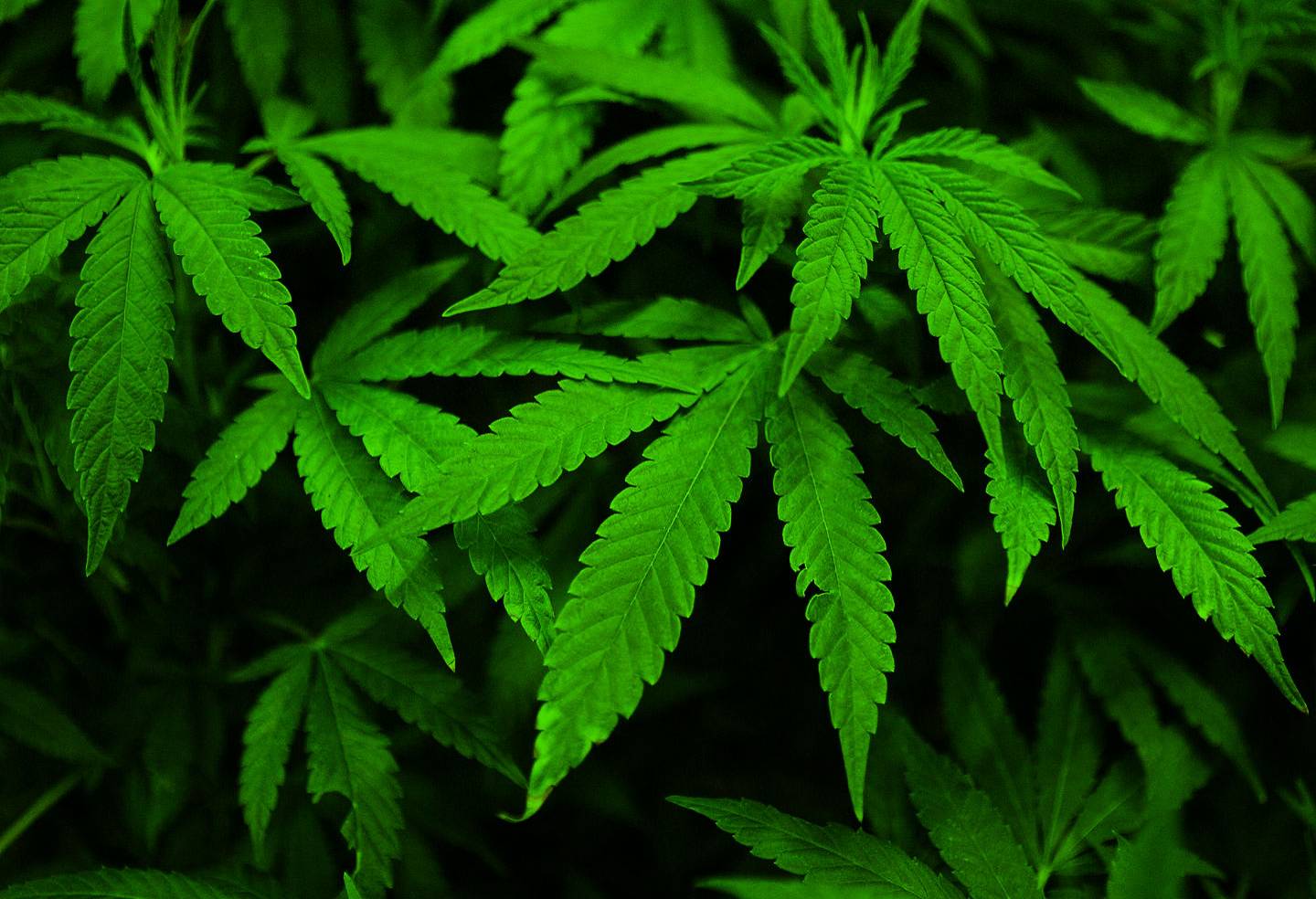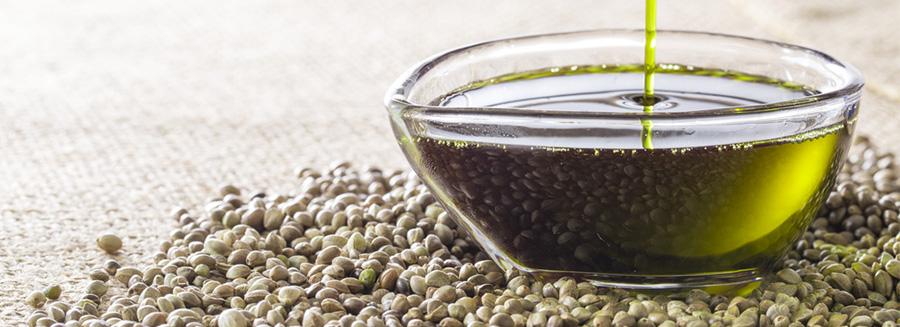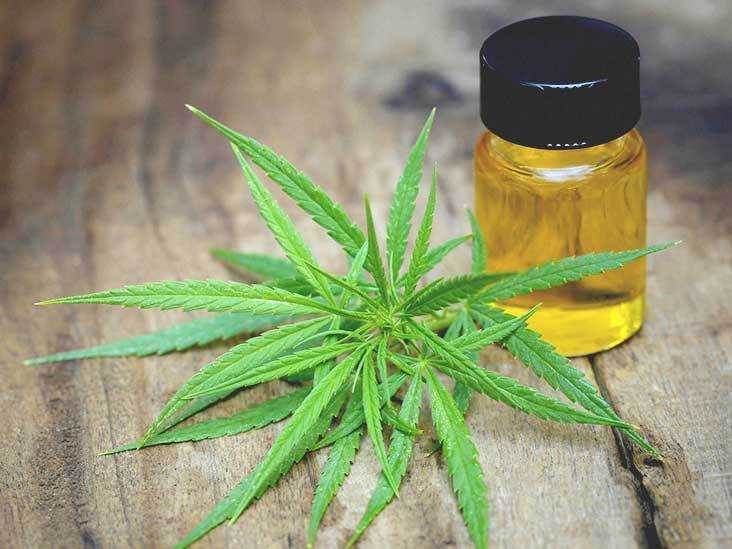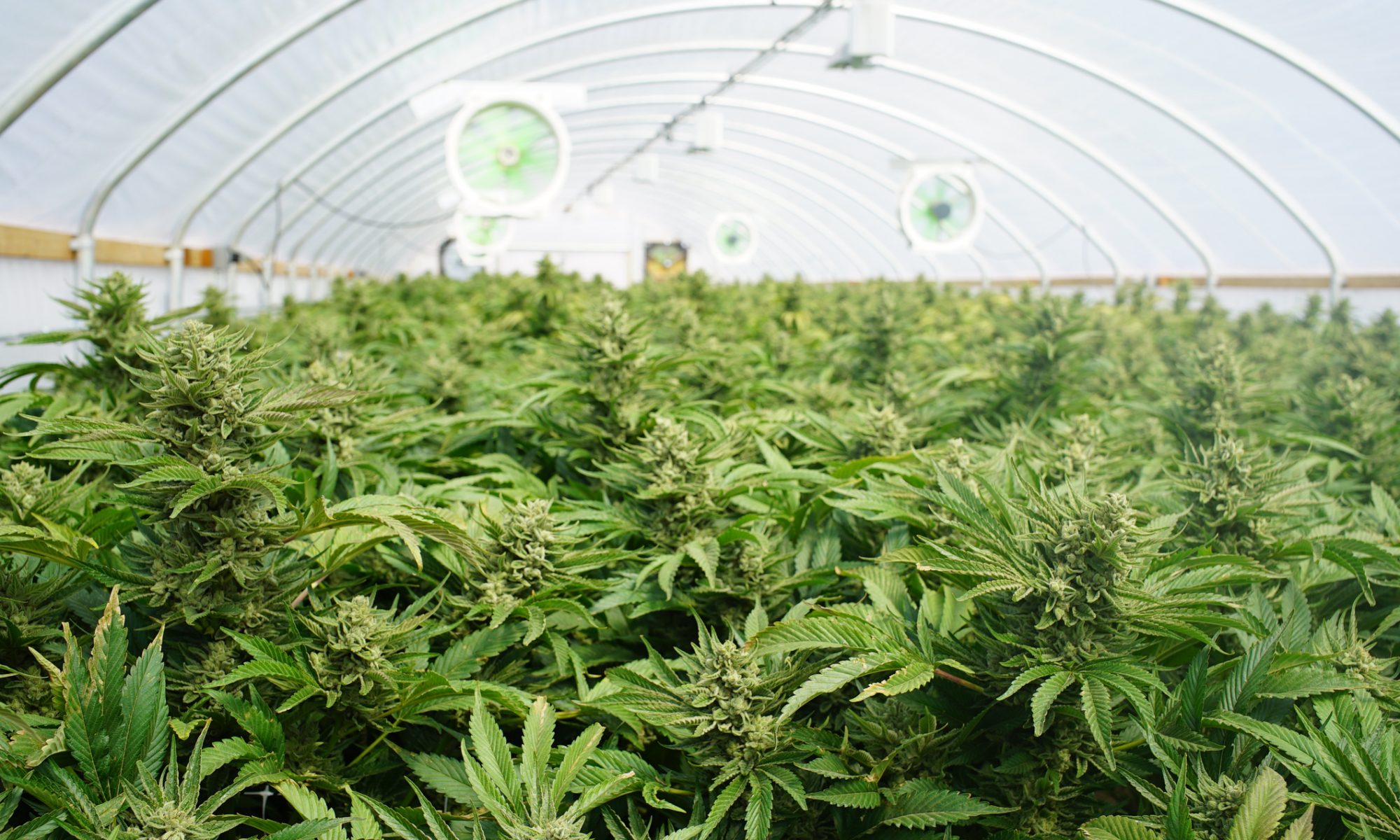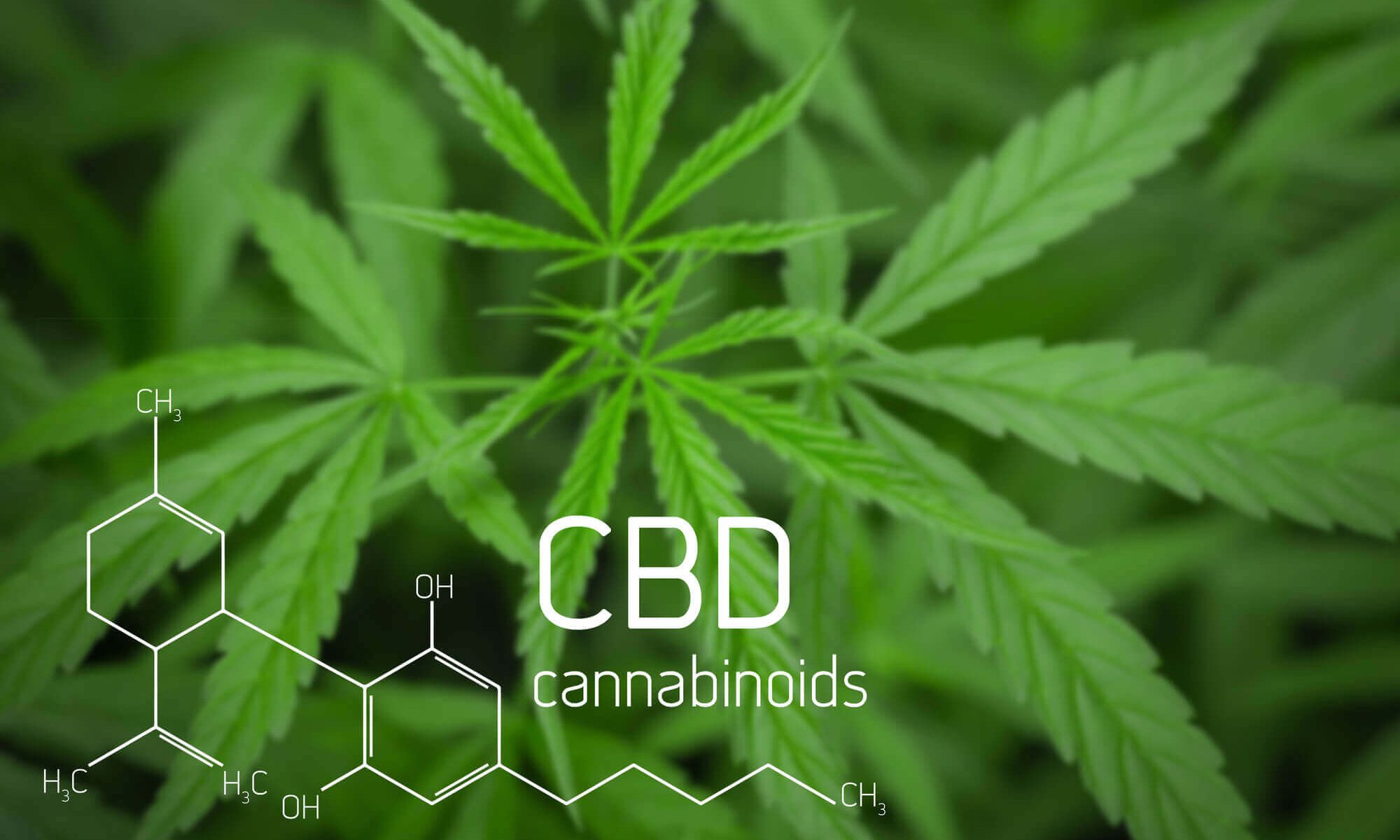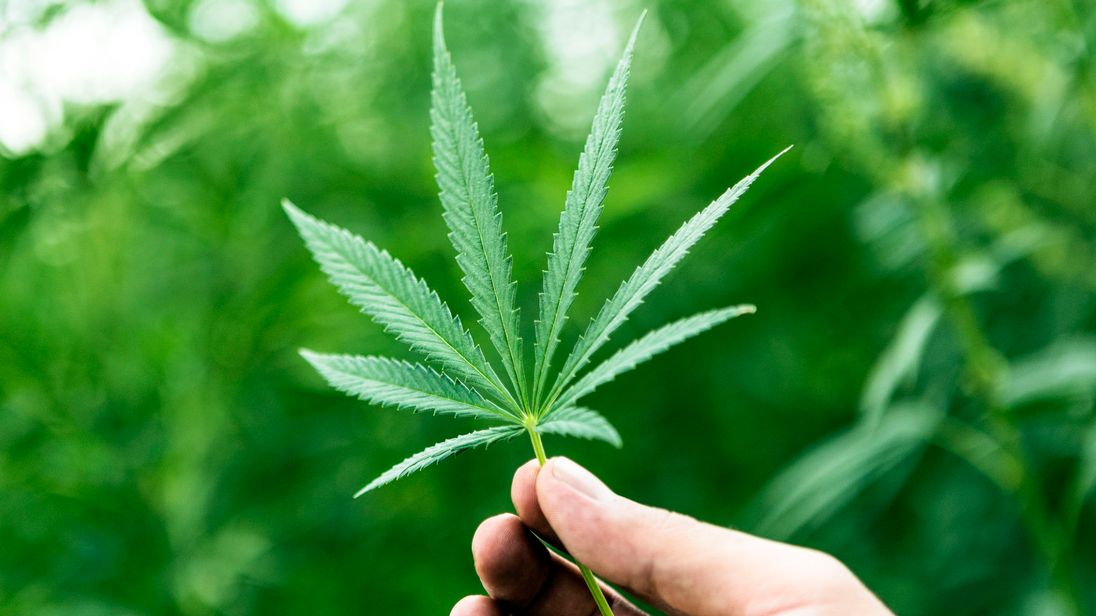“For many of us who came of age in the 1960s and 1970s, smoking pot (also called marijuana or cannabis) was an integral part of the social scene. But whether we never touched the stuff, gave it up decades ago or still maintain a relationship with the plant, many boomers today are eagerly exploring cannabis in its various forms to address a whole host of conditions, including chronic pain, anxiety, and insomnia.
Microdosing’ cannabis for medicinal benefits
Still, many people who could benefit from cannabis are reluctant to do so out of concern over “getting high.” This aversion to intoxication is one of the factors driving the meteoric popularity of hemp-based cannabidiol (CBD) products, which contain only trace amounts of tetrahydrocannabinol (THC), the psychoactive compound in cannabis. Yet CBD alone is considered to be less effective for medicinal purposes without the presence of THC.
The good news is that it takes very little THC to safely achieve significant therapeutic effects. This is the rationale behind “microdosing,” an approach to using medicinal cannabis in very small doses to achieve medicinal benefits without the high.
Cannabis for acute and chronic conditions
Dr. Jordan Tishler, a cannabis physician and instructor of medicine at Harvard with a practice in Boston, also treats his patients for pain and other chronic conditions using very low doses of THC. For Tishler, the preferred mode of delivery for fast treatment of acute conditions, such as migraine headaches, is inhalation of very small quantities of vaporized flower — a part of the cannabis plant. Vaporization is achieved using a technologically sophisticated portable convection device, better known as a vaping device.
For chronic conditions that need ongoing maintenance, including amyotrophic lateral sclerosis, multiple sclerosis, and Parkinson’s disease, Tishler’s treatment plan may center around low-dose gummy chews.
Dr. Laurie Vollen, a cannabis physician in the San Francisco Bay Area, also recommends vaping very small, controlled quantities of a flower. But she cautions patients to avoid disposable vape pens, which can contain toxic chemicals and have not been proven clinically safe over long-term use. Vollen teaches her patients, whose average age is in the 70s, how to use a vaporizer in a special “Inhalation 101” course she developed.
Read more at Star Tribune

